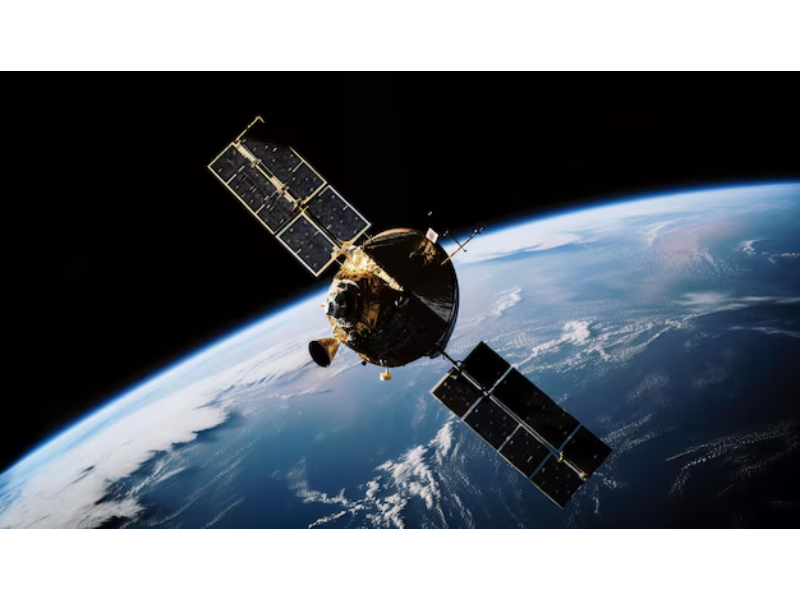- China announced plans to test its next-generation Beidou satellite navigation network by 2027, featuring improved positioning accuracy, faster data transmission, and enhanced coverage compared to the current system.
- This initiative aims to challenge the dominance of the US GPS network, bolstering China’s technological independence and supporting applications in defense, transportation, and other critical sectors.
What happened
China announced its plan to test a next-generation Beidou satellite navigation system by 2027. This upgraded network aims to improve accuracy, speed, and coverage, surpassing the current Beidou capabilities. The new system will feature more advanced satellites capable of delivering positioning accuracy within a few centimeters, significantly better than many existing global navigation satellite systems. Beidou has been an integral part of China’s strategic push for technological self-reliance, serving as a rival to the US-owned GPS network. This development aligns with China’s broader goal of strengthening its global infrastructure and expanding the use of Beidou in transportation, defense, agriculture, and telecommunications. As the system evolves, China aims to secure its position as a leader in satellite technology, providing cutting-edge solutions for domestic and international users.
Also read: Deutsche Telekom complete first GEO satellite SMS trial
Also read: Boeing’s Intelsat 33E satellite disintegrates in orbit
Why it is important
This story highlights the growing competition in satellite navigation, a sector critical to modern industries. Satellite systems like Beidou and GPS power essential technologies, from logistics and autonomous vehicles to IoT and smart city applications. By advancing Beidou, China aims to reduce reliance on foreign systems and assert leadership in global technology infrastructure.
For startups, this development is particularly relevant. Enhanced navigation systems can unlock innovation in precision agriculture, drone technology, and location-based services. Entrepreneurs in these fields could gain access to more accurate data and improved connectivity, driving efficiency and innovation. Moreover, the emergence of competing satellite systems could lead to cost reductions and diversified service options, benefiting smaller firms that rely on affordable technology.
This news serves as a wake-up call for startups to stay attuned to shifts in technological infrastructure, as these changes often create new opportunities while redefining the competitive landscape.

